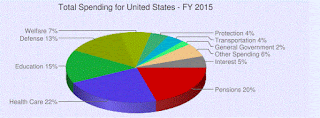Consider this meme. Is it a valid point?
Bigots are intolerant of other beliefs. Hypocrites do things in conflict with their own beliefs. These definitions sound right to me.
It's not bigotry if they're asked for nothing more than tolerance. Tolerance only obliges inaction. Their job obliges action. In neither situation is the individual asked to tolerate something.
It's not hypocrisy if there are relevant differences in the rationale of the supporter. There are plenty of possible differences in the rationale of the supporter. Most obviously, Kim refused to do a small fraction of her job (marry gay couples). The Muslim refused to do a very large fraction of her job (marry all those without hijabs).
Maybe one only supports people who refuse to do their job because they have the right beliefs. And don't support people who refuse to do their jobs for wrong beliefs. That too is not inconsistent or hypocritical.
The charge of hypocrisy is over-levied because we often think in terms only as specific as we need to in order to maintain the charge.
I think of the "hypocrisy" of pro life pro-capital punishment, or the other way around if you prefer. It seems that anyone who gives a yes-yes or no-no answer would be able to site relevant differences (a fetus isn't a real life / a criminal is a guilty life), but their opponents are thinking in terms only specific enough to maintain a charge of hypocrisy.
And then when their beliefs are under scrutiny, OF COURSE there are relevant differences!



